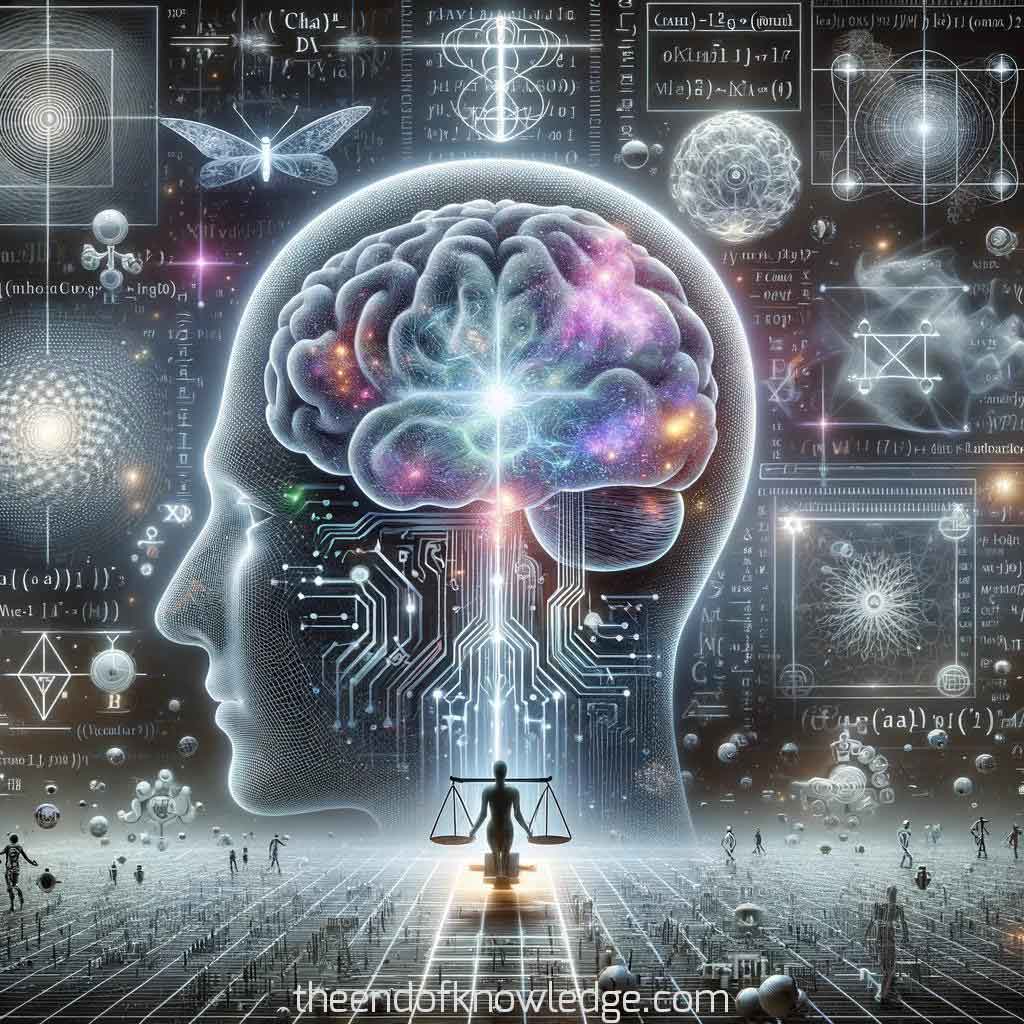 >
>
Concept Graph (using Gemini Ultra + Claude3):
Custom ChatGPT resume of the OpenAI Whisper transcription:
1.- Integration of ChatGPT with Wolfram Alpha and Language: The conversation starts with Wolfram discussing the integration of ChatGPT with Wolfram Alpha and Wolfram Language, highlighting the differences between these systems in terms of their computational approaches and purposes.
2.- Nature of Large Language Models: Wolfram delves into the workings of large language models like ChatGPT, emphasizing their focus on generating language similar to human-made content on the web, using large amounts of training data.
3.- The Computational Universe: Wolfram discusses his long-term work on computational systems, contrasting it with large language models. He emphasizes the depth and breadth of computation in his systems, aiming to compute new, unique solutions beyond mimicking existing web content.
4.- History and Evolution of Computation: The discussion touches on the evolution of computation and human understanding of it, from basic text continuation to deep, multi-step computations that can potentially answer complex questions using accumulated expert knowledge.
5.- Philosophy of Language Models and Computation: Wolfram explores the philosophical and technical aspects of language models and computation, discussing how human civilization's accumulated knowledge can be used to compute answers to complex questions.
6.- The Role of Formal Structure in Computation: The conversation shifts to the importance of formal structures in computation, exploring how systematic knowledge from various domains is used for deep computational processes.
7.- Comparative Analysis of ChatGPT and Wolfram Systems: Wolfram provides a comparative analysis of ChatGPT and his computational systems, highlighting their different approaches to problem-solving and data utilization.
8.- Concept of Computational Irreducibility: A significant part of the discussion focuses on computational irreducibility, where Wolfram explains the idea that knowing the rules of a system doesn't always allow for predicting its future state without actually performing the computation.
9.- Practical Implications of Computational Irreducibility: Wolfram discusses the real-world implications of computational irreducibility, particularly in scientific contexts, emphasizing the importance of finding pockets of reducibility to make useful predictions and advancements.
10.- Relation Between Computation and Human Experience: The conversation touches on how human experience and consciousness are shaped by our ability to understand and utilize computationally reducible aspects of the world.
11.- Computational Foundations of Physics: Wolfram shares insights into his work on the computational foundations of physics, discussing how basic computational processes might underlie the physical universe.
12.- Role of Observers in the Computational Universe: The concept of observers in the computational universe is discussed, with Wolfram pondering the nature of observers and their role in understanding and interacting with the world.
13.- Exploring the Nature of Consciousness and Experience: The discussion delves into the nature of consciousness and human experience, exploring how our perception of a consistent reality is shaped by computational processes.
14.- Understanding Language and Computation: Wolfram reflects on the relationship between language and computation, discussing the challenges and potentials of translating natural language into computational language.
15.- Role of Symbolic Programming: The importance of symbolic programming in representing and understanding the world computationally is discussed, highlighting its role in Wolfram's work.
16.- Exploring the Limits of Computation and Language: The conversation explores the limits and capabilities of computation and language, particularly in the context of AI and large language models like ChatGPT.
17.- Challenges in Translating Natural Language to Computational Language: Wolfram discusses the challenges and successes in translating natural language into computational language, a key aspect of Wolfram Alpha's functionality.
18.- Advancements in Natural Language Processing: The advancements in natural language processing and its implications for computational systems and AI are discussed, including the potential for AI to discover new linguistic structures.
19.- Future of AI and Computation: Wolfram shares his perspectives on the future directions of AI and computation, considering both the potentials and limitations inherent in current technologies.
20.- The Intersection of AI and Human Thought: The conversation touches on the intersection of AI with human thought processes, exploring how AI models might replicate or complement human thinking.
21.- Impact of AI on Society and Knowledge: Wolfram reflects on the broader societal and knowledge impacts of AI, particularly in the context of its integration with systems like Wolfram Alpha.
22.- Ethical Considerations in AI Development: Ethical considerations in the development and deployment of AI technologies are discussed, with Wolfram emphasizing the need for thoughtful approaches.
23.- Role of Data and Expertise in AI Systems: The importance of data and expert knowledge in shaping the capabilities and outputs of AI systems like ChatGPT is explored.
24.- Human-AI Interaction and Collaboration: The dynamics of human-AI interaction and collaboration are discussed, with Wolfram sharing insights into how humans and AI can work together effectively.
25.- Understanding and Interpreting AI Outputs: Wolfram discusses the challenges and strategies for understanding and interpreting the outputs of AI systems, particularly in complex computational contexts.
26.- AI's Role in Scientific Discovery and Understanding: The potential role of AI in facilitating scientific discovery and deepening our understanding of complex phenomena is explored.
27.- Comparative Analysis of Different AI Models: Wolfram provides a comparative analysis of different AI models and approaches, highlighting their strengths and weaknesses in various contexts.
28.- Challenges in Modeling Complex Systems: The conversation touches on the challenges and intricacies of modeling complex systems, both computationally and conceptually.
29.- Interplay Between AI, Computation, and Human Creativity: The interplay between AI, computation, and human creativity is discussed, exploring how these elements can synergize to produce novel insights and solutions.
30.- Reflections on the Nature of Truth and Reality in Computation: Finally, Wolfram shares his reflections on the deeper philosophical questions of truth, reality, and their relationship to computation and AI.
Interview byLex Fridman| Custom GPT and Knowledge Vault built byDavid Vivancos 2024